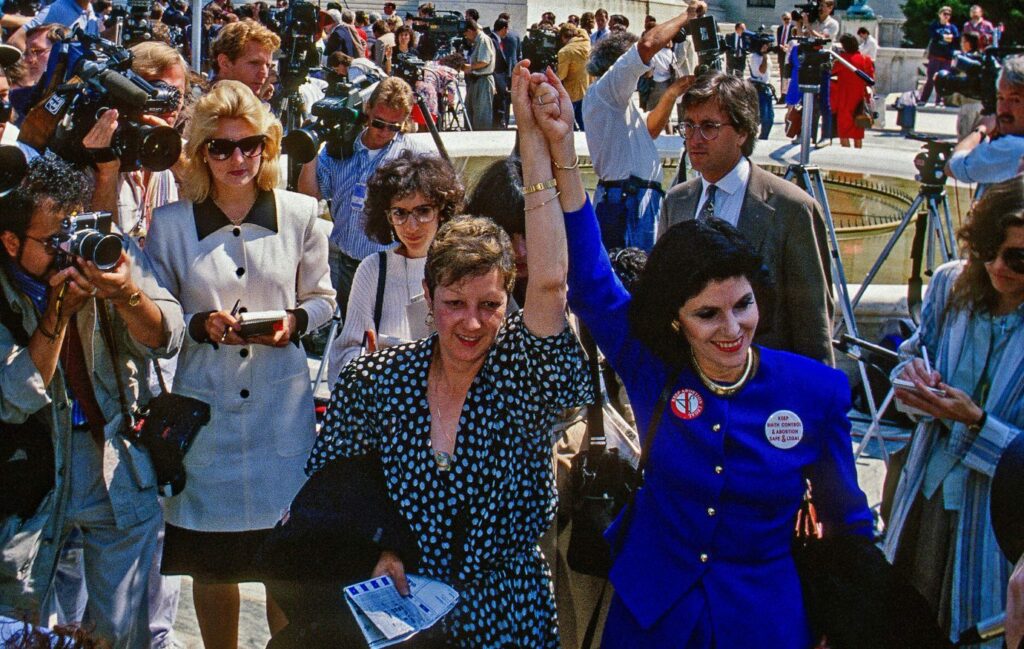Blog Post
Bombshell new bio of Norma McCorvey reveals Roe baby’s identity
By Jonathon Van Maren
Joshua Prager researched The Family Roe: An American Story for 11 years, so he cannot have known that the book’s publication this September would align with the Supreme Court’s hearing of a case that could finally overturn the most contentious ruling of the past century. Prager’s brick-sized book is the most ambitious history of America’s abortion wars since Judy Thomas and James Risen’s 1999 Wrath of Angels, and it is packed with new revelations about figures from both sides of the debate.
Prager’s interest in the stories behind Roe v. Wade began when he discovered that the child at the center of the 1973 abortion ruling had not, in fact, been aborted. When Linda Coffee and Sarah Weddington met with the pregnant Norma McCorvey (soon to become Jane Roe), they needed a plaintiff. The lawyers knew that McCorvey wouldn’t be able to get an abortion—the case would take much longer than the pregnancy—but didn’t tell her so. The Roe baby was born and placed for adoption. As Prager puts it: “[H]er conception has precipitated the legal right to abort millions.”
Before I get to what I believe to be Prager’s fundamental failure, I’ll begin by noting the magnitude of his accomplishment. The Family Roe is an extraordinary work of journalism, informed by both Prager’s personal relationship with McCorvey, his acquisition of her papers from Connie Gonzalez, McCorvey’s lesbian partner, and his relentless pursuit of the three girls that McCorvey gave up for adoption. Prager publicly names, for the first time, the baby at the center of Roe v. Wade: Shelley Lynn Thornton. He not only tracked down Norma’s daughters; he introduced them to each other and witnessed their meeting. Prager became as much a catalyst for the second half of the story as a reporter covering it.
The details of the relationship between the three sisters and their volatile mother—who publicly switched sides from the pro-choice camp to the pro-life movement but (according to Prager) retained a lifelong ambivalence about early-term abortion—are so personal I’m shocked the women allowed them to be published. Each daughter had a fraught relationship with Norma, who frequently exploded at those closest to her. Shelley spoke with her by phone and was told by Norma that she should be grateful she hadn’t been aborted, and the two never met. Roe was always in the way. Shelley recognized that to many, she was the incarnation of what the abortion debate was all about.
READ THE REST OF THIS COLUMN AT THE AMERICAN CONSERVATIVE








